Thursday Feb 19, 2026
Thursday Feb 19, 2026
Saturday, 25 May 2019 00:00 - - {{hitsCtrl.values.hits}}

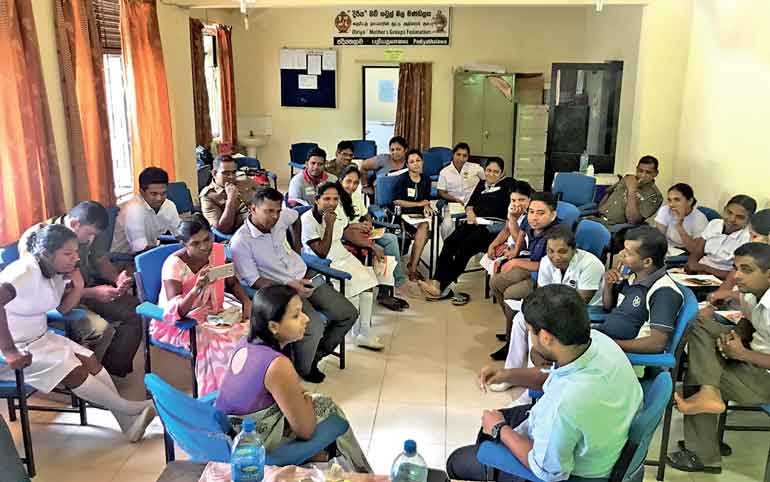

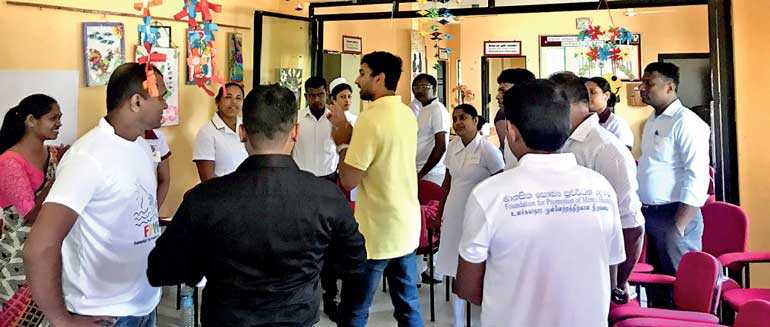
By Fathima Riznaz Hafi
Awareness and availability of mental health support is unevenly distributed in the country, with some having access while others suffer alone, unaware that help is available. Support in mental healthcare has always been important, but more so now, following the Easter Day tragedy that has left citizens traumatised, depressed, and heartbroken. Support at this juncture is invaluable, and the help of psychologists and counsellors is critical to help them through this painful time.
The Ohana Project was launched early this year by a group of professionals with a shared passion to promote mental health in the country, and make care accessible to all communities, bridging gaps caused by inequalities. After the Easter Sunday attacks, it has been working tirelessly to provide crisis support and referrals to those in distress. Counselling Psychologist Nivendra Uduman recently spoke to the Weekend FT about the project, and the exceptional work they have been doing to help people battling mental health issues.
“The project is a result of a dream to have mental healthcare and information about mental health and psychosocial well-being easily accessible to all communities in Sri Lanka,” shared Nivendra. “Our main aim is to bridge the gaps caused by inequalities that prevail in the country when it comes to mental health, and to also advocate for a multidisciplinary culture of learning and working. We strongly believe in the growth of our team while serving communities. There is also a strong emphasis on caring for ourselves, and also advocating for self-care and respect in the mental health community in general.”
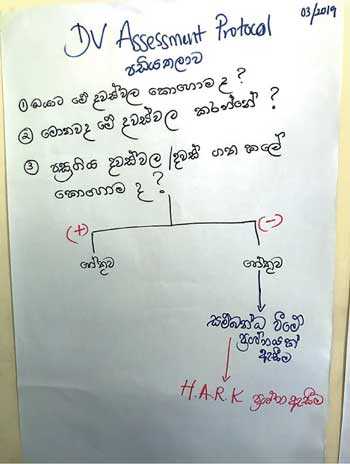 The group running the project comprises a network of professionals from mental health, public health, education, and medical backgrounds, with a strong interest in mental health promotion. There are also individuals who have experienced and lived with mental health problems in the group, to advocate for greater awareness, rights and care. The ethos behind The Ohana Project is for mental health to be viewed from a holistic lens of physical health and social well-being.
The group running the project comprises a network of professionals from mental health, public health, education, and medical backgrounds, with a strong interest in mental health promotion. There are also individuals who have experienced and lived with mental health problems in the group, to advocate for greater awareness, rights and care. The ethos behind The Ohana Project is for mental health to be viewed from a holistic lens of physical health and social well-being.
The idea behind The Ohana Project was born in the UK in 2016 when Nilushka Perera (Behavioural Health Researcher) and Nivendra Uduman (Counselling Psychologist) met at a conference, and thereafter were inspired to work together, to shift conversations around mental health in Sri Lanka. Upon Nilushka’s return to Sri Lanka, there was a period of incubation and further discussion, before launching with guns blazing in January 2019.
The rest of the crew consists of Psychologist and Educator Kartini Booso, Psychologist and Theatre Practitioner Chalana Wijesuriya, Management Psychologist and Mental Health Advocate Iranjali Abeyratne, Medical Doctor and Mental Health Advocate Cheroni Pullenayegam Vidanage, Mental Health Advocate and Jewellery Designer Sara Nazoor, Clinical Psychologist and Educator Shalindi Pandithakoralage, and Counsellor and Advocate Ardlay Mohamed.
“We work in the areas of general mental health awareness, clinical psychology, organisational psychology, health and behavioural psychology, educational psychology and emergency mental health at The Ohana Project. One of our key projects has been to deliver training and sensitisation on responding to gender-based violence and domestic violence for public health workers in the Lahugala and Padiyathalawa areas in the Monaragala and Ampara districts,” said Nivendra.
“This was carried out over five days in the month of March, 2019. There were public health midwives, public health inspectors, police officers, nurses, counsellors and social workers who attended this training program along with medical officers. The feedback received after this training program was heartening, as participants felt more skilled and competent to respond to people who have experienced gender-based violence in their communities.”
Another activity carried out by The Ohana Project was to train medical staff at a surgical ward at the National Hospital, Sri Lanka, on breaking bad news. This program was mainly attended by medical doctors, and there are plans to repeat the program at other hospitals.
The Ohana Project also organised a public awareness workshop on ‘Depression’ where people living with depression, their caregivers and anyone else who was interested attended a three-hour program to learn about how to identify and cope with depression.
There are plans of working with several companies in the corporate sector, to create packages and program to address mental health in the workplace.
“In the current context, after the Easter Sunday attacks, The Ohana Project has been tirelessly creating resources to help people cope with different reactions experienced after the crisis. Our work has mainly been on social media in this context, and we are also in the process of training volunteers in Psychological First Aid, so that we can address pressing needs in the field. We have also been providing crisis support and referrals to those in distress at this time. There have been several organisations and companies who have invited the team to conduct sessions on ‘Coping with Crisis’ for their employees,” he said.
A message that Nivendra conveys in conclusion is: “It is important that conversations around mental health and well-being happen in decentralised spaces, where conversation and content are not governed by institutions. Mental health needs to be spoken about in both public and private spaces and emphasis needs to be given to mental healthcare as much as we care about our physical health.”
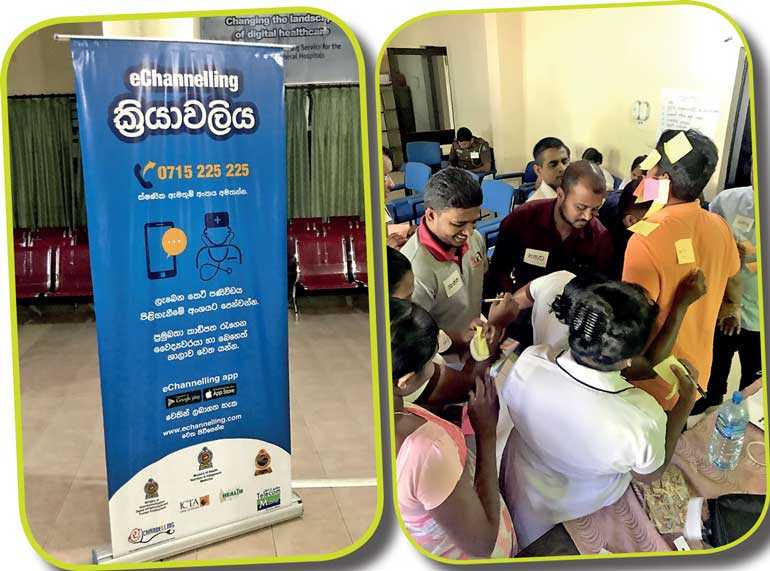
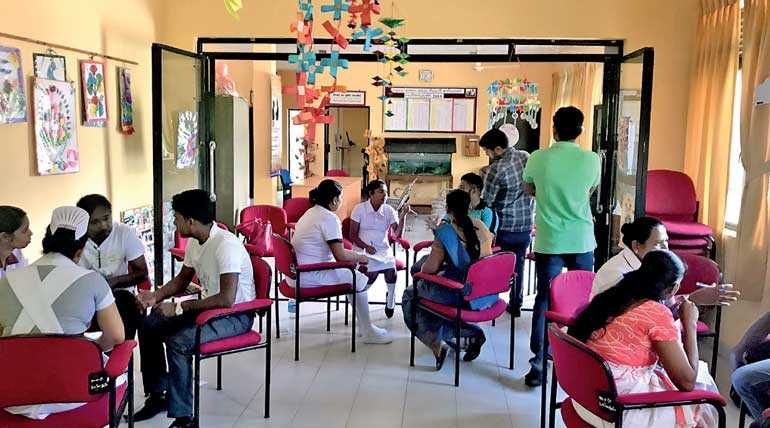
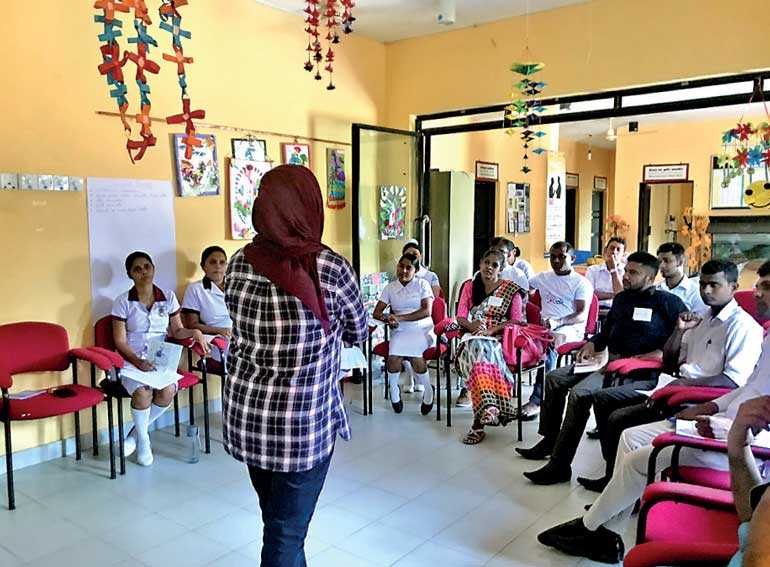
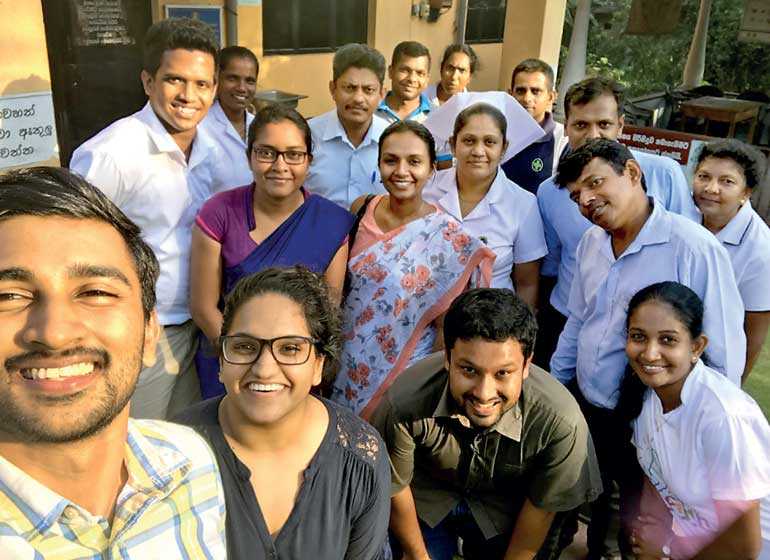
The Ohana Project was launched early this year by a group of professionals with a shared passion to promote mental health in the country, and make care accessible to all communities, bridging gaps caused by inequalities. After the Easter Sunday attacks, it has been working tirelessly to provide crisis support and referrals to those in distress